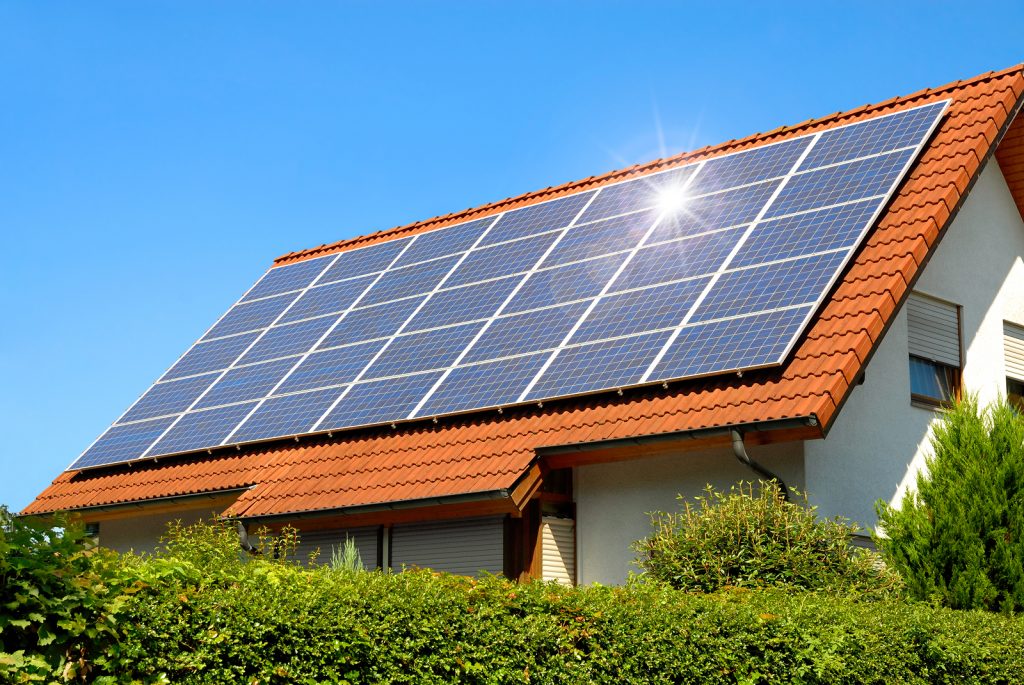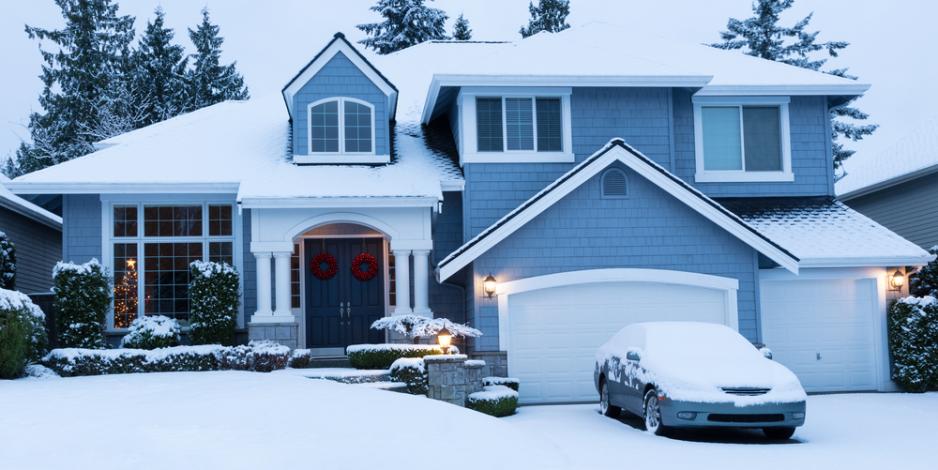How to Fix Common Problems with Solar Panels
June 8, 2024

Common Problems with Solar Panels and How to Fix Them: Solar panels enable positive change around the globe while being a wise investment for a more sustainable planet. Of course, it helps that you may reduce your electric bill costs as well. Although solar panel systems have many advantages, some people are hesitant to install them because of possible issues or negatives.
We’ve collected a list of some of the most common problems with solar panels, along with solutions, to help spread knowledge. You can learn enough from this to be able to identify these issues with solar panels and carry out simple troubleshooting to save time and money.
Common Problems with Solar Panels and How to Fix Them
Solar panels don’t need much maintenance. However, just like with any product, solar problems might occur. Here is how to handle them (or avoid them altogether). What initially seems to be a solar problem is frequently not as terrible as it first appears to be.
Inverter Issues
Any solar system must have a solar inverter to supply power by converting the direct current (DC) energy produced by solar panels into alternating current (AC).
But inverter issues can happen. Inverter problems were mentioned by more than a tenth of owners (12%) in a study, making up 25% of all problems. Additionally, they were the most severe, occasionally prohibiting the solar panel system from producing any useful electricity.
If properly maintained, solar panels may produce a lot of clean energy for up to 25 years or more. Home solar inverters, on the other hand, have a shorter lifespan, often 10 to 15 years, so always check the indication light: Green indicates that everything is operating OK, and red indicates that you should contact your provider.
Nests of Animals Under the Panels
Birds can find protection from the solar panels on the roof, which makes them a perfect place to lay their eggs. They also make great protection against the sun’s heat and, paradoxically, predators.
Solar panels may need to be cleaned more frequently because birds are known to coat them in droppings, leaving less surface area for energy production. Keep in mind that because of their acidity, the longer they are left, the more difficult they are to remove and may leave hot patches that require expert cleaning.
Also known to nest under solar panels and chew through cables are squirrels. To keep birds and squirrels out of the spaces beneath your solar panels, you can put barriers around their exteriors.
Heat-generating System
The simplest way to tell whether your panels are experiencing temperature problems is to look for heat fade or hot patches. These are the parts of the panels that get too hot and loaded up. They are frequently brought on by improperly soldered connections, but they can also be the result of a structural error.
Your panels’ performance suffers at extreme temperatures. Although this is typical, it is not usually a sign of damaged panels. You should always try to prevent this from happening to protect your solar panels because if heat fades or hot spots are the cause, you might discover that you have less electricity during the warmest times of the day.
Instead of affecting the entire system, high temperatures frequently have an impact on particular areas of your panel installation. These regions might deteriorate more quickly than others and might eventually result in a short circuit, which would lower a panel’s performance and shorten its lifespan. If the damage is significant, you might need to call a professional, and the panel will need to be replaced.
Faulty wiring
Faulty wiring may result in unanticipated electrical problems. Keep in mind that a solar panel system consists of a web of wires that link inverters, home solar batteries, and individual PV cells. There are consequently several locations where connections could break down.
Loose connections can affect how electricity is generated and cause corrosion and oxidation. If you are not a certified technician, you shouldn’t try to tamper with the wiring. Solar Professional installers identify issues using meters and other equipment. To stop them from harming other components of your system, they can also disconnect problematic components.
In the end, the most secure course of action is to get in touch with an experienced solar panel technician and have them thoroughly evaluate the panel system to make sure there are no issues.
Micro-Cracks
Crystalline PV panels occasionally experience microscopic tears, which endanger the solar cells. They can happen during manufacturing, but they can also happen during the transportation, when someone is exposed to bad weather, or when something is installed carelessly.
Although these micro-fractures don’t always result in larger cracks, they frequently increase over time, which reduces efficiency. Once this stage is reached, the panels must be replaced because little can be done to fix them.
It would be preferable to leave the diagnosis of these micro-cracks to the professionals because it can be difficult. Using electroluminescence crack detection (ELCD) testing, technicians examine panels.
Related: Factors that Affect Your Total Solar Panel Installation Cost
Damage caused by dirt
Dirt is the most frequent factor in subpar solar panel performance. These environmental problems, such as dust, leaves, and other debris, may seem insignificant, but they might prohibit your system from producing as much power as it could.
Cleaning is an easy remedy that has to be done frequently. Hosing down your panels to keep them clean is a good idea because soiling can reduce your production by roughly 5%. This normally suffices unless you live in a really dusty location. If the dirt has hardened, you may either hire a cleaning staff to do it for you or remove it with a soft push broom.
PID Effect
Potential swings between a panel and its earthing might cause potentially induced deterioration (PID). A partial voltage discharge might happen in the main power circuit if the earthing and voltage generated are not compatible. For safety reasons, solar panel systems must be earthed. As a result, your PV panel’s performance continues to decline and its lifespan is shortened.
Fortunately, there are methods to identify, stop, and even reverse this issue with specialized tools. If you want to keep your panels in good shape over the long term, it might be worthwhile to make the investment.
Make the Solar Energy Switch Today!
Related Articles:






